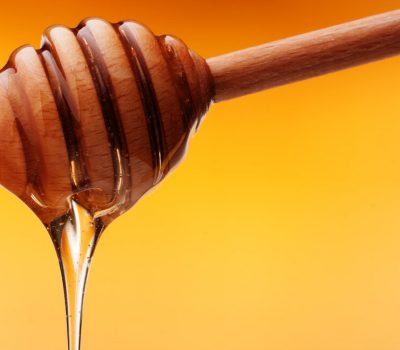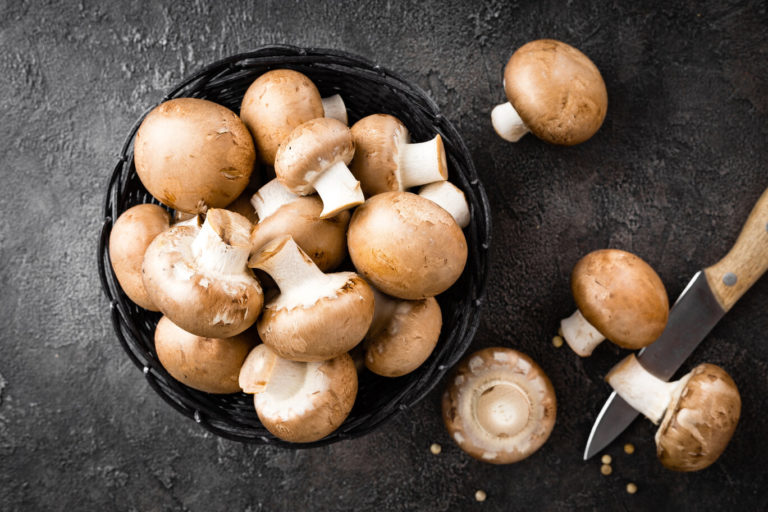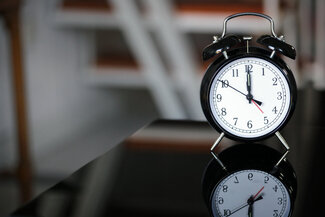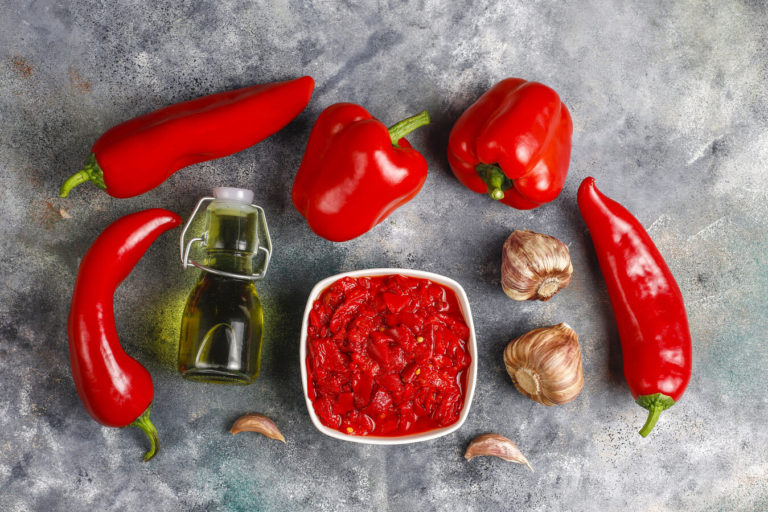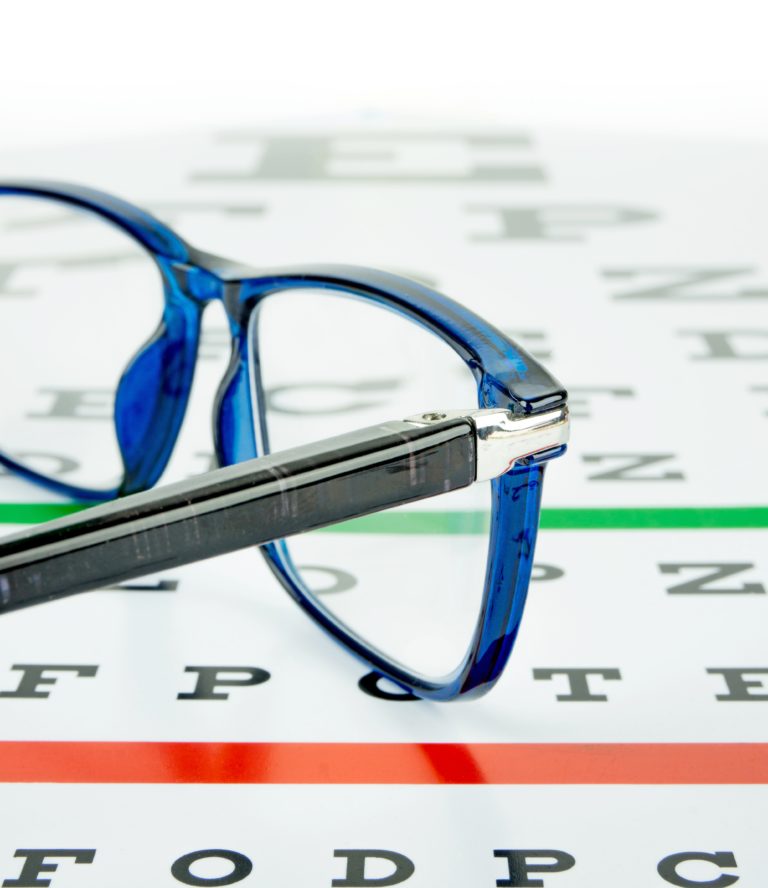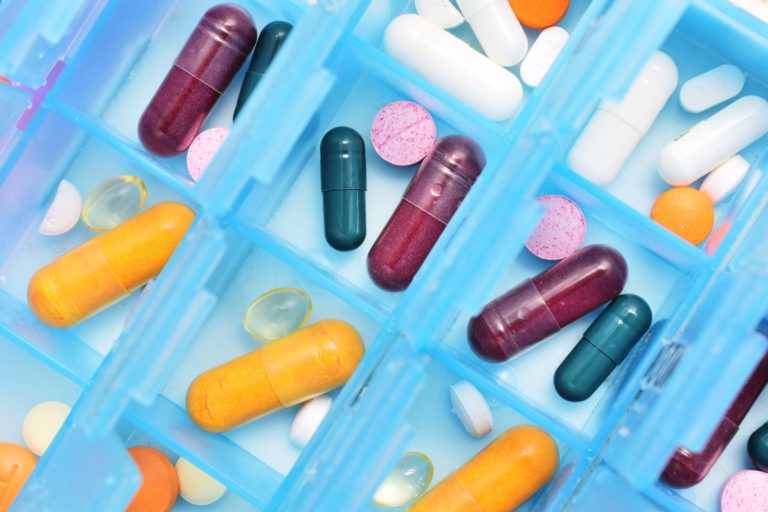Americans purchase almost 600 million pounds of honey each year. That’s plenty of honey! Disappointingly, this natural sweetener you use in your home is one of the most faked foods in the world.
Fake honey doesn’t just deny the gov’t revenues; it’s a threat to public health, too. As such, it’s important to be careful whenever you’re buying honey online or at a local grocery store. Bear in mind that fake honey can be packed as “pure honey” when it’s adulterated honey laced with high fructose corn syrup.
Check the Label
For starters, it’s worth reading the label — the commonly ignored part of a product. Suppose it includes the term “ultrafiltrated”, DON’T buy that honey. This is because the original source is unknown. Also, don’t be easily fooled by the term “pure honey” — it doesn’t necessarily mean the honey is pure. After all, it’s just like any other marketing phrase.
Know the Source
Importing honey to the U.S requires the imports to meet the USDA and FDA regulations. Unfortunately, honey imports from China are banned. This is because China has become the world’s largest conduit for fake honey. This means you’ll want to avoid honey that has any reference to China on the label. It’s better to be safe!
Instead, you’ll want to check for the term “True Source Certified” on the label. It means that the source is traceable and identifiable. The term also means the honey has been tested for authenticity.
Check the Viscosity
Genuine and pure honey is heavy and dense — pour a drop in a glass of water, and it will settle right at the bottom as a lump. On the other hand, adulterated or fake honey will quickly dissolve in water. Honey is sold in clear containers, allowing you to check its viscosity. If you can’t verify the source, DON’T buy honey that’s not dense.

